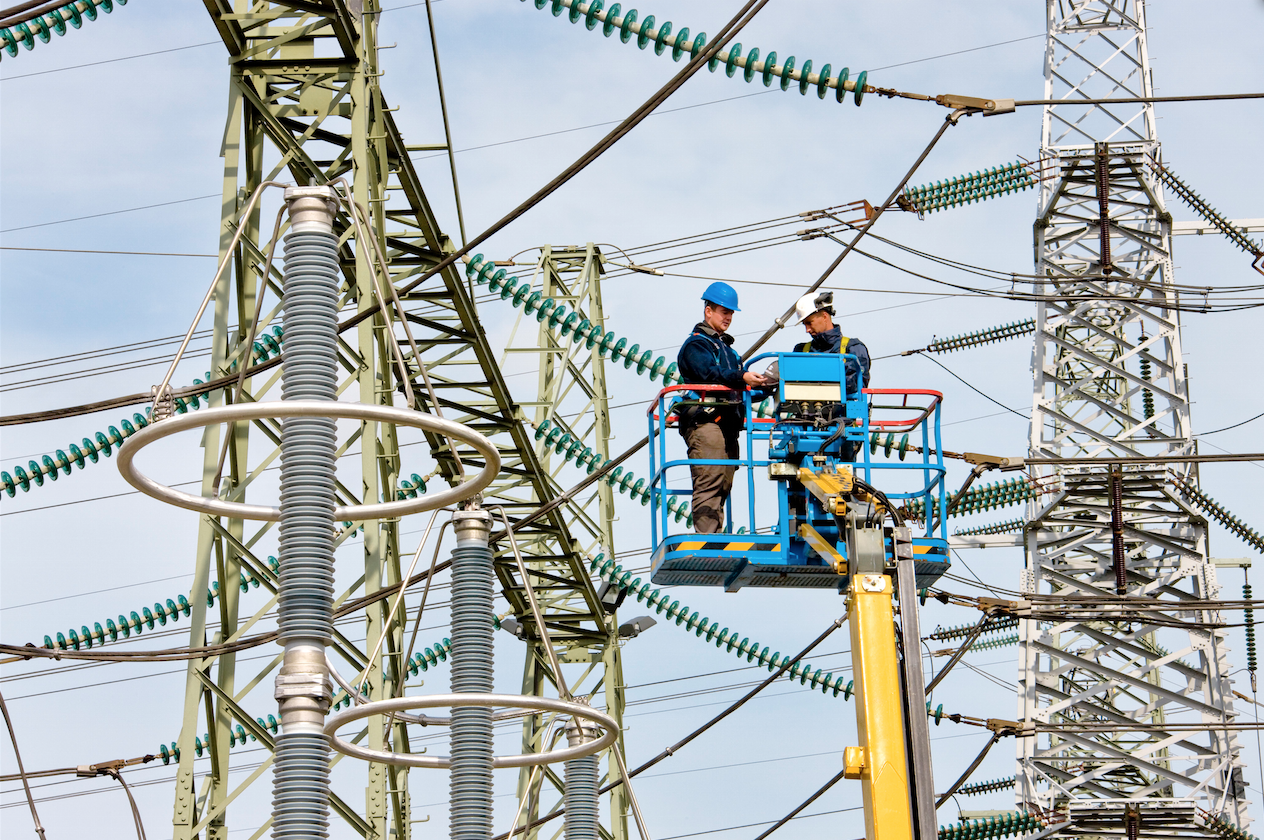

- Nieuws
-
Uitgelicht
-
Uitgelicht
- Recent
-
- Magazine
-
Uitgelicht
-
Uitgelicht
- Recent
-
- Kiosk
- Columns
- Bedrijveninfo
- Adverteren
Selecteer Pagina

Foto: TenneT
Het onlangs opgerichte Data Safe House is inmiddels in gebruik genomen. Industriële bedrijven en netbeheerders wisselen de eerste informatie uit.
Het Data Safe House is een initiatief van het Havenbedrijf Rotterdam en Deltalinqs. Het stelt de industrie en netbeheerders in staat om vertrouwelijke informatie uit te wisselen. Het Data Safe House is een onafhankelijke stichting die de informatie van bedrijven over hun verduurzamingsplannen verzamelt. Zo weten netbeheerders als Stedin en TenneT hoeveel extra elektriciteit waar nodig is.
De bedrijven blijven eigenaar van de informatie, stelt het Havenbedrijf Rotterdam. Zij bepalen wie de data mag inzien. Het voordeel voor hen is dat ze niet langer dezelfde gegevens naar verschillende partijen hoeven te sturen. De netbeheerders op hun beurt krijgen de beschikking over betrouwbare, actuele ‘bottom-up’-informatie. Dat verkleint de kans dat ze op basis van verouderde informatie werken.
Inmiddels zijn dertien partijen bij het Data Safe House aangesloten. Netbeheer Nederland heeft aangegeven het initiatief te steunen. Hoewel het in Rotterdam is opgestart, is de opzet van dien aard dat ook andere industrieclusters in Nederland erop kunnen worden aangesloten.
Zie ook: Gemeente Rotterdam zoekt CCU-start-ups
The recently established Data Safe House is now up and running. Industrial companies and grid operators are exchanging the first information.
The Data Safe House is an initiative of the Port of Rotterdam Authority and Deltalinqs. It enables industry and grid operators to exchange confidential information. The Data Safe House is an independent foundation that collects companies’ information on their sustainability plans. This allows grid operators such as Stedin and TenneT to know how much extra electricity is needed where.
The companies retain ownership of the information, says the Port of Rotterdam Authority. They decide who is allowed to see the data. The advantage for them is that they no longer have to send the same data to different parties. The network operators, in turn, get access to reliable, up-to-date ‘bottom-up’ information. This reduces the chances of them working on the basis of outdated information.
Thirteen parties have now joined the Data Safe House. Netbeheer Nederland has indicated its support for the initiative. Although it was launched in Rotterdam, the set-up is such that other industry clusters in the Netherlands can also be connected to it.